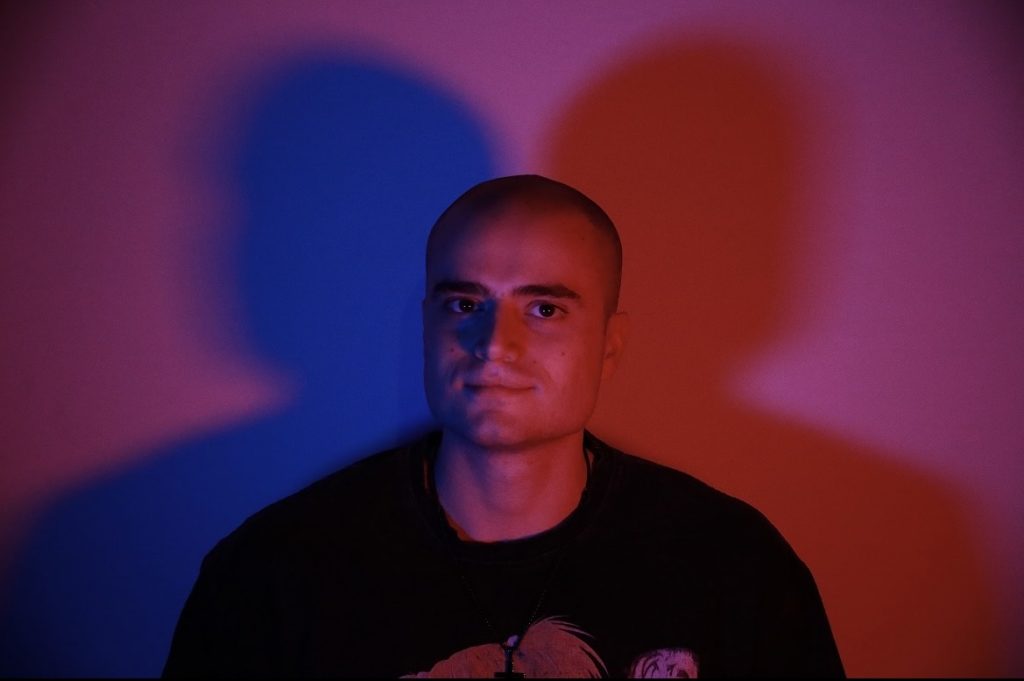I love studying the art of writing. It’s intrigued me ever since I got into the medium in a serious way. In all the times I’ve researched the different ways that writing and storytelling can be done, I’ve come across an interesting topic in the art-form of storytelling — subverting an audience’s expectations, or going against what the writer believes the viewer will expect and pulling a fast one on them. This topic might be the most intriguing to me personally, because I’ve seen it done a couple of times, but I’ve had some difficulty articulating how exactly to do it well. I can think of a series where it has been done well, and on the flip-side, a series where it has been poorly. Also, spoiler warning for every series mentioned here.
“Star Wars” is a pop-culture icon. Ever since it started all the way in 1977, it’s been a marquee blockbuster for the sci-fi genre. I grew up watching and loving “Star Wars,” so I remember when the sequels to the series came out in the middle to late 2010s. These movies were very controversial to fans due to the way they went about continuing the story from the original movies. Older characters like Luke Skywalker felt out of character, and newer characters like Rey, the main protagonist, had twists revealed about them that left audiences scratching their heads.
In the first sequel movie, Rey is an orphaned character whose parents are teased as mysterious figures. This is “Star Wars” after all, and family is a huge theme throughout the entire series. Luke’s father is Darth Vader, as we all know, and Rey’s parents were a mystery throughout the start of her first movie. In “Star Wars Episode VIII: The Last Jedi,” it’s revealed that Rey’s parents were not anyone special or important at all. I’m not saying every protagonist’s parents need to be people who are special or integral to the plot, but in this case, the introduction of this backstory was done poorly.
Rey’s parents were built up in the first movie as being mysteriously important people. However, it’s anticlimactically revealed that after all this time, they were nobodies who sold their daughter off for drinking money. This is horribly retconned in the movie after this in an incredibly sloppy way, but that doesn’t matter. What makes this twist so frustrating is that it’s supposed to flip Darth Vader’s scene of telling Luke he’s his father. While the attempt at juxtaposition is understandable, there was no proper or compelling build up to it, and it made the reveal fall incredibly flat.
A compelling subversion of expectations done recently would be found in Tatsuki Fujimoto’s Japanese manga, “Chainsaw Man.” I’ve written about this action-packed gorefest of a comic before and mentioned how expertly written it is. The twist in the most recent chapters of the series is a simple one. Denji, the titular Chainsaw Man, cannot turn into Chainsaw Man. Throughout the entire series, Denji has used his devilish ability to turn into the heroic yet monstrous Chainsaw Man as a way to cut loose.
All his life he just wanted to enjoy the small things, like eating a warm breakfast in the morning and going to school, but due to his circumstances, he was never able to, until he was. Denji has come to the realization that while a simple life is peaceful, that peace is ultimately stagnating, and while Chainsaw Man leads a busy life of killing dangerous devils, that hardship is what gives his life meaning.
Until it doesn’t, because Chainsaw Man garners a cult around him, and the government-sanctioned devil hunters track Denji down and forbid him from going chainsaw mode unless he wants his little sister Nayuta dead. Denji has to make a tough choice, but he ultimately decides to forego his alter ego. This twist is great because it is simple yet personal. Denji lives for the validation and adoration he receives from saving people, but now that’s taken away from him. It also is genius from a metatextual point.
As of this piece’s writing, “Chainsaw Man” is still ongoing, but we haven’t seen Denji transform into Chainsaw Man in a long time. One might argue that this makes the story boring or weak, but it accomplishes the opposite. It challenges Denji and forces him to make a hard choice that he must stick to for the better of the person he cares about. Also, it’s a great way to subvert audience expectations because while it flips what the audience believes would happen, it narratively makes sense and remains compelling.
I’m acting like subverting anything in writing is an easy feat that some writers can pull off and some can’t, but that is absolutely not true. Pulling a fast one on the viewer is a Herculean task that many writers attempt, and a fraction pull off successfully. I applaud any writer who even thinks about trying to pull this off. I wanted an excuse to dissect different styles of writing, and talk about a series that I adore, so I couldn’t pass it up. At the end of the day if you are going to try to subvert expectations, try to keep it relatively simple, and no matter what, keep the conflict compelling. That’s the secret sauce behind all of this.
Nicolas Scagnelli is a senior majoring in English.



